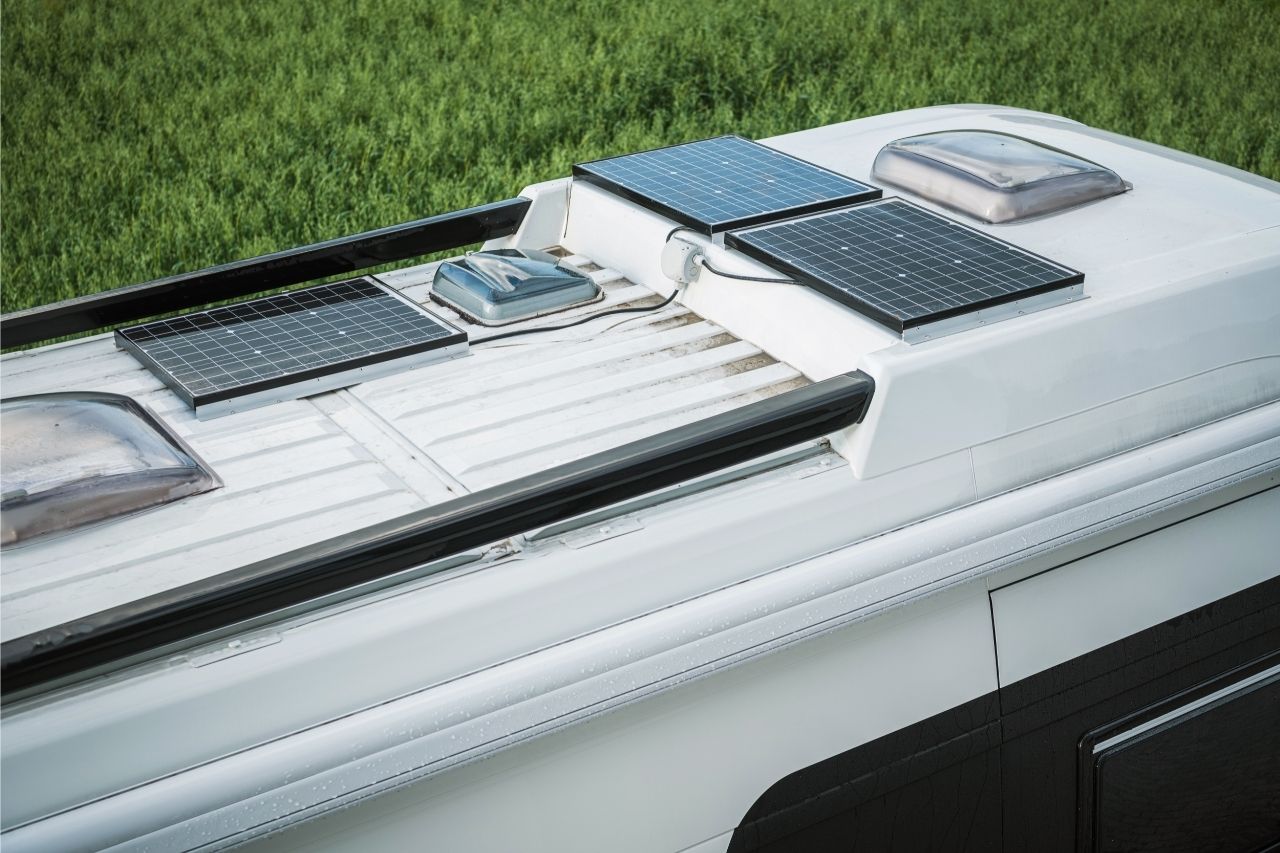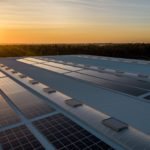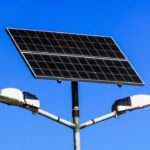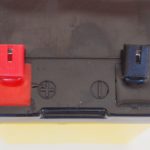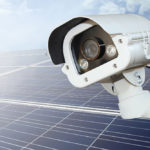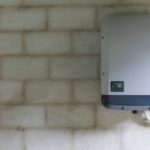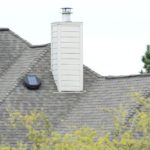Thinking about gearing up your RV with solar panels for your next camping adventure? Solar power technology is a game-changer for campers and RV travelers alike. Portable panels can provide enough power to support RV travel destinations, and even aids in conserving energy. This renewable energy method offers a multitude of benefits and can even eliminate the need for gas and diesel. But the benefits don’t end there.
The global warming crisis is a stark reminder that we must all pull together and transition to a greener way of life. There is just the small problem of knowing what to do. Deciding to give solar power a bash is just the beginning. Questions arise such as,’ ‘how much solar power do I need to power my RV?, and, ‘What system components and how many amps are required?;.
Switching To Solar Power
We all know switching to solar power is crucial, but using it to run your RV or camper van isn’t straightforward. We are seeing geniuses like Elon Musk revolutionizing the car industry with the launch of his awesome Tesla car. However, even his cars are experiencing issues. Designed for backseat gaming is a fab concept.
The reality is that the gamer probably won’t surpass the first level of Battlefield before it runs out. So, is kitting an RV out for the greener life going to be worth the effort and cost? Or, will the power usage of ac appliances, air conditioning, coffee maker, and LED lights, fail on the first camping test? Let’s find out.
Solar Setup: Is It Easy?
Many RV owners will agree solar energy is the way forward. A regular trailer will need approximately 120amp hours of solar power. Obviously, the bigger and more luxurious motor homes require more amps. This could be anything up to 360 amps. Another aspect is the amount of appliances your RV has.
That said, despite the fact switching to solar takes effort, time, math skills and money, its popularity continues to soar. Clearly, it is deemed a worthy investment for the camping community.
The amount of information to take in, along with, along with working out wattage, voltage, sizes, space, and usage is enough to put off the most eco-friendly RV owners. If this sounds familiar, this guide will make your solar panel journey as seamless as your driving.
The RV Solar Guide
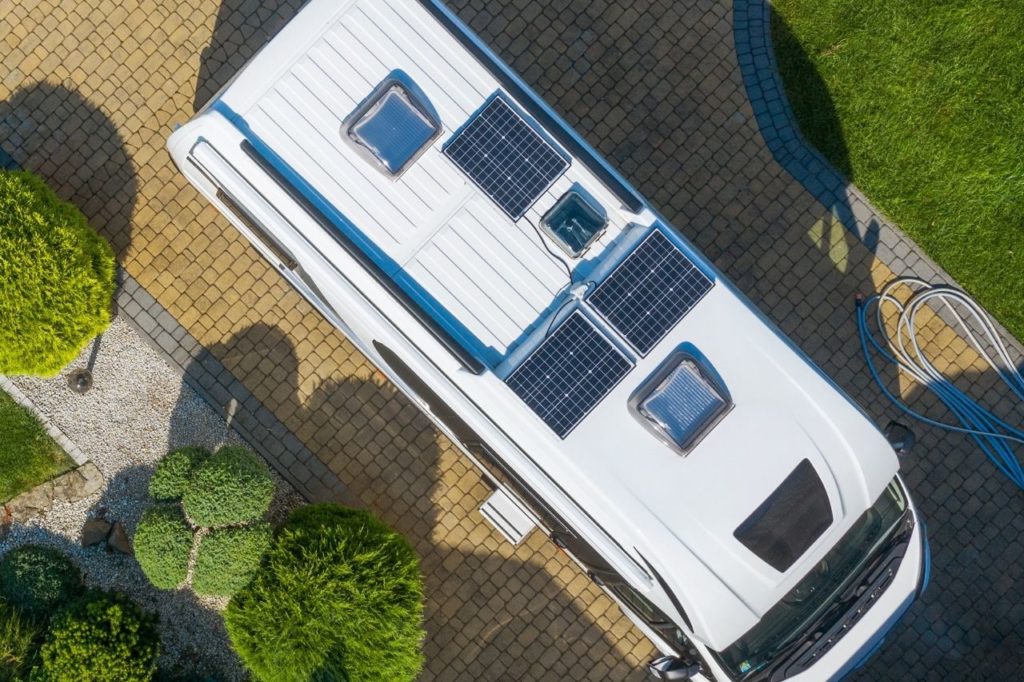
Read all the must-know facts about solar energy and using solar power to run your RV. We explain how to precisely calculate wattage needs, and other points that must be considered. The last part of this article offers useful tips for powering vehicles and our final thoughts section. After reading this, you will feel like a solar power pro, ready for your first solar investment.
What Is Solar Power?
Solar power refers to using the energy from sunlight to generate power. Let’s take a look at how solar power works.
How Does Solar Power Work?
Sunlight converts to energy via photovoltaic (PV) panels and its photovoltaic cells. Sometimes mirrors are used to concentrate solar radiation. This energy is used as electricity and also battery or thermal storage.
How Much Power Does An RV Need?
Ah, the million-dollar question.
The Power Calculation
To determine the answer, firstly, you must consider the following equation:
Power used – amount of daily power used
Power stored – the energy the solar panels give your battery
How Much Power Do I Need For My RV?
Okay, you may think, ‘Heck, I’ll just cover every square inch of my trailer, that should provide enough solar power needed to cover my energy usage,’ because it just won’t. Firstly, do you have enough roof space? For RV solar to work, you require somewhere to store power, and there needs to be enough energy storage, after all.
Similarly, too few solar panels, and you are going to be a tad disappointed, leaving you to consider backup power options. If you are thinking that you can just slap another battery in your RV, think on. Adding to your battery banks is possible. However, making sure your RV batteries offer enough battery capacity, and your RV’s battery bank must be considered. Remember that this is wholly dependent on camper size and weight capacity.
Battery Bank
This brings us to the next troubling question: How much battery capacity do you need for your solar setup?
To get the answer, you can simply monitor your battery usage, either using a battery monitoring system or doing a camping test. Fully charged reads at 12.6 or more volts. Batteries running on 50% show as 12.05-12.10 volts.
Once you know this you can approximate your daily battery usage.
How To Work Out Battery Usage
Yes, you can have a go at math, but there is an easier and far more enjoyable way (unless math is your thing). To determine the daily battery usage, have a mini trip away. Note down the reading (see above), and decipher how much you use and require.
If you discover a depleted battery on day 2, you need to go shopping! Using a battery meter is a helpful way to measure battery power and power consumed. Your battery bank must sufficiently oversee all desired power use.
To get a decent approximation, do not use a generator. Simply record the battery level. After 2 days, for instance, a 200 amp lead-acid battery reading 50% means you have got through 100 amp-hours in this time.
Once this step is complete, give yourself a pat on the back as you have just bossed the first hurdles. However, when thinking about how much power is used, don’t forget about ac power and dc power of electrical appliances.
The Best Batteries For Solar Storage
Your batteries ensure optimal functioning of an RV’s electrical system. RV batteries are generally run on lead-acid. Lead-acid batteries come in different forms such as AGM batteries and lithium-ion. Lead-acid batteries ensure smooth running of your system components.
How Many Solar Panels Do I Need To Go Camping In My RV?
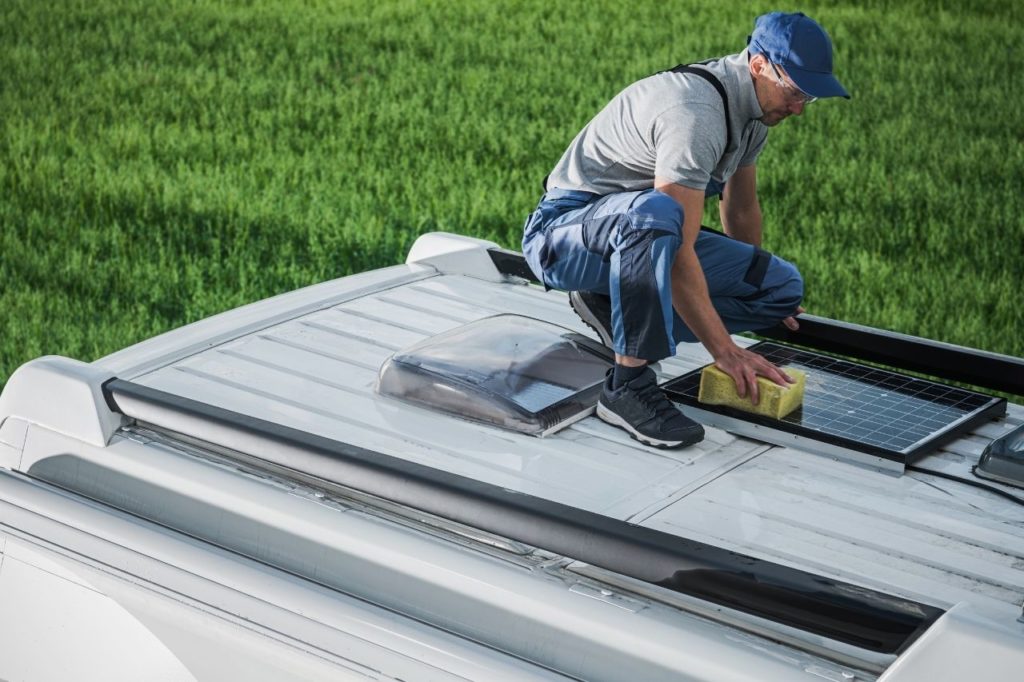
Having the perfect solar setup requires an effective rv solar system. To work out how many panels you need, you have to consider watt hours, watts of solar panels and solar output. Here is a guideline for a few solar-powered kits based on 6 hours of sunlight per day. However, there are more online to suit other requirements:
40.14 aH (each day) = 120W solar kit and 2 × 12V
165 aH (each day) = 500W solar flex kit and 4 x 12V
Basically, a 100W solar panel generates 100W a day. However, you need to factor weather conditions that may not power solar panels.
Amp Hours And Watt Hours Tips
If you remember that, a 100W solar panel will give you about 30amp-hours each day. Thus, if you use about 30 amp hours each day, you would need 1 panel. From this basic guideline, you can work out how many panels you require to keep your campers happy.
Which Type Of Solar Panel To Use For Optimal Power Use?
Solar panel technology has improved significantly over recent years. Rv solar panels come in 2 varieties:
Monocrystalline and Polycrystallene – Monocrystalline may be a little more efficient, but they are also more costly. These are smaller than polycrystallene panels whilst offering the same output. Those with smaller vehicles may prefer monocrystalline panels.
Flat and flexible panel designs – flat panels are the more popular choice, due to their affordability and durability. However, they are not aesthetically pleasing. If appearance bothers you, the higher priced flexible panels would be preferable.
Don’t forget the solar charge controller to support RV solar too.
Tips For Boon Docking In Energy-efficient Mode
Use flat screen televisions over older versions for energy efficiency
Switch off plugs when appliances are not being operated.
Make the most of the daylight instead of using artificial light
LED bulbs are a great energy-saver
Don’t leave your laptop or TV running when you want to make tea/go to the restroom, etc.
Conclusion
The question, ‘How much solar power do |I need for my RV?’ requires a little research and thought. Considering how many solar panels, the solar panel size, amp hours, and battery power is vital. Additionally, figuring out how many solar panels to keep your battery bank topped up for the best solar setup should be a top priority.
You need to know that your ac appliances like your air conditioner, and all the rv gear and built-in bluetooth communication don’t pack up. The long-term savings from solar panels are very significant. Even so, if you don’t regularly take camping trips or if you have a very small camper van or RV, you might want to reconsider.
All of us must do our part to fight climate change and become greener. Installing a solar panel system is an excellent way to do so.
When you decide to go solar, do your math properly and take your time. Making sure your solar-panel calculations are correct can help you avoid a disaster in the future.
Enjoy your camping trip!

